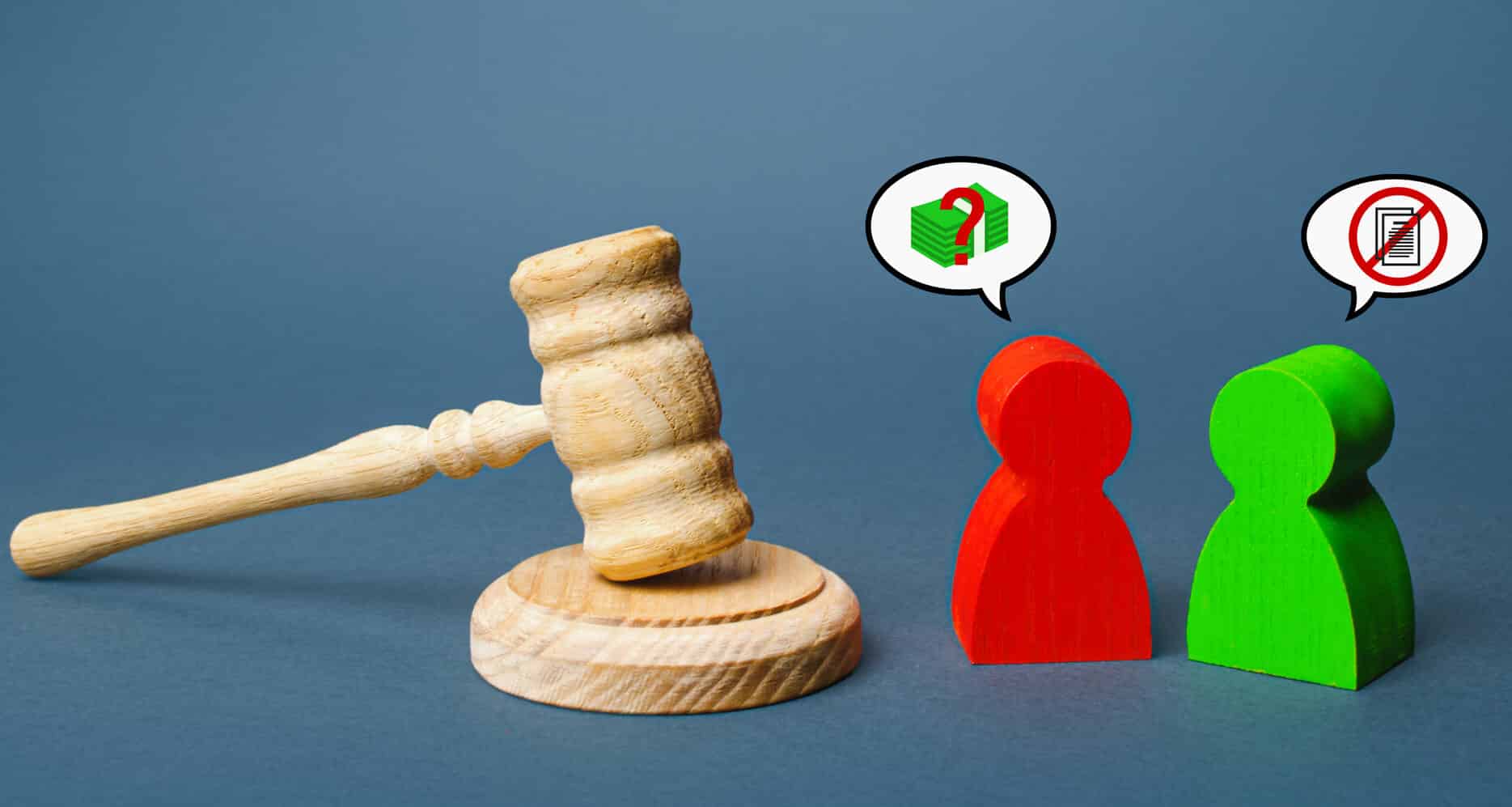

(844) - 444-4444

Someone injured in a New York car accident will often seek to obtain maximum compensation in the least amount of time.
Every case is unique, meaning that, while one person’s claim for pain and suffering may be completed in a few weeks, another’s claim may take several years.
While some claims may go all the way to trial, others may settle promptly. While most New York car accident cases follow similar paths, every case is unique. Several factors can affect how long these claims take.
While some people may believe all car accident cases go to trial, numbers suggest most cases settle before trial. This often happens when the insurance company for the at-fault party realizes a fair and equitable settlement makes more sense because it reduces its insured’s risk and lowers the overall cost, especially considering that the insurance company will not have to pay continued defense costs for its insured.
Determining the best time to settle a car-accident case is important because an out-of-court settlement must fully compensate the injured person for past and future pain and suffering. Once the claim is settled it generally cannot be reopened.
A “settlement” is an agreement that ends a legal dispute short of going to court, according to the Legal Information Institute of Cornell Law School.
A settlement can be reached in many ways. For example, an attorney hired by an injured person can initiate settlement negotiations by sending a letter to the insurance company for the at-fault driver and vehicle owner, known as a “demand letter.” This letter can include
Potential benefits of settling a personal-injury suit before trial include:
When a personal-injury suit goes to trial, the attorneys for the parties involved argue their cases before a “finder of fact,” which is normally a judge or jury. In the end, that judge or jury will decide whether the defendant is legally liable for the plaintiff’s damages.
Not all trials are the same, but the phases leading up to trial generally include:
Moving through all the various pre-trial proceedings can take several years. And the trial itself can last several days or even weeks, coming with added costs in the form of expert witness fees and other costs.
As you may expect, the process of fully “litigating” a car-accident claim can be time-consuming and expensive. In some cases, the injured person will have no choice but to fully litigate a claim because the insurance company for the at-fault driver is not making a fair offer based on the circumstances.
An experienced personal-injury attorney can help identify whether the settlement offer is fair, fully compensating for past and future pain and suffering while accounting for the risk inherent in taking a case all the way to trial.
New York is a no-fault insurance state that places certain limits on pain-and-suffering claims after car accidents in the state. Because lost wages and medical expenses are paid regardless of fault, in most cases evidence of a “serious injury” is required to show pain and suffering. This can be an important consideration in determining whether it makes sense to settle a case before trial.
Insurers seek to maximize profits and thus generally try to pay as little as possible for pain and suffering. They’re businesses, after all, and like any business, they want to maximize profit. So, in the aftermath of an accident, the insurer may offer a very low amount. The insurer wants to protect its insured for the least amount possible and is not usually concerned with the fairness of a settlement offer.
Under these circumstances, someone making a claim for pain and suffering after a New York car accident should proceed with caution. Acceptance of an insurance company’s is generally final, so settlements for pain and suffering must account for both the past and the future.
If you don’t feel the insurance company is negotiating in good faith, an experienced attorney can examine the case, advise whether a settlement offer is fair, and advocate for you to ensure you receive maximum compensation.
If you’ve been hurt in a New York car accident, weighing legal options can get complicated. The attorneys at William Mattar can help you assess your case, advocate on your behalf, help you decide whether to accept a settlement offer or go to trial, then navigate the path you’ve chosen in a way that maximizes the compensation you receive. Please don’t hesitate to contact the attorneys at William Mattar, P.C., for guidance. Let our experienced car accident lawyers help you make the right decision.
Contact us today to learn more about how we can help you obtain the settlement you deserve. Call (844) 444-4444 or submit the online form for a free consultation.





